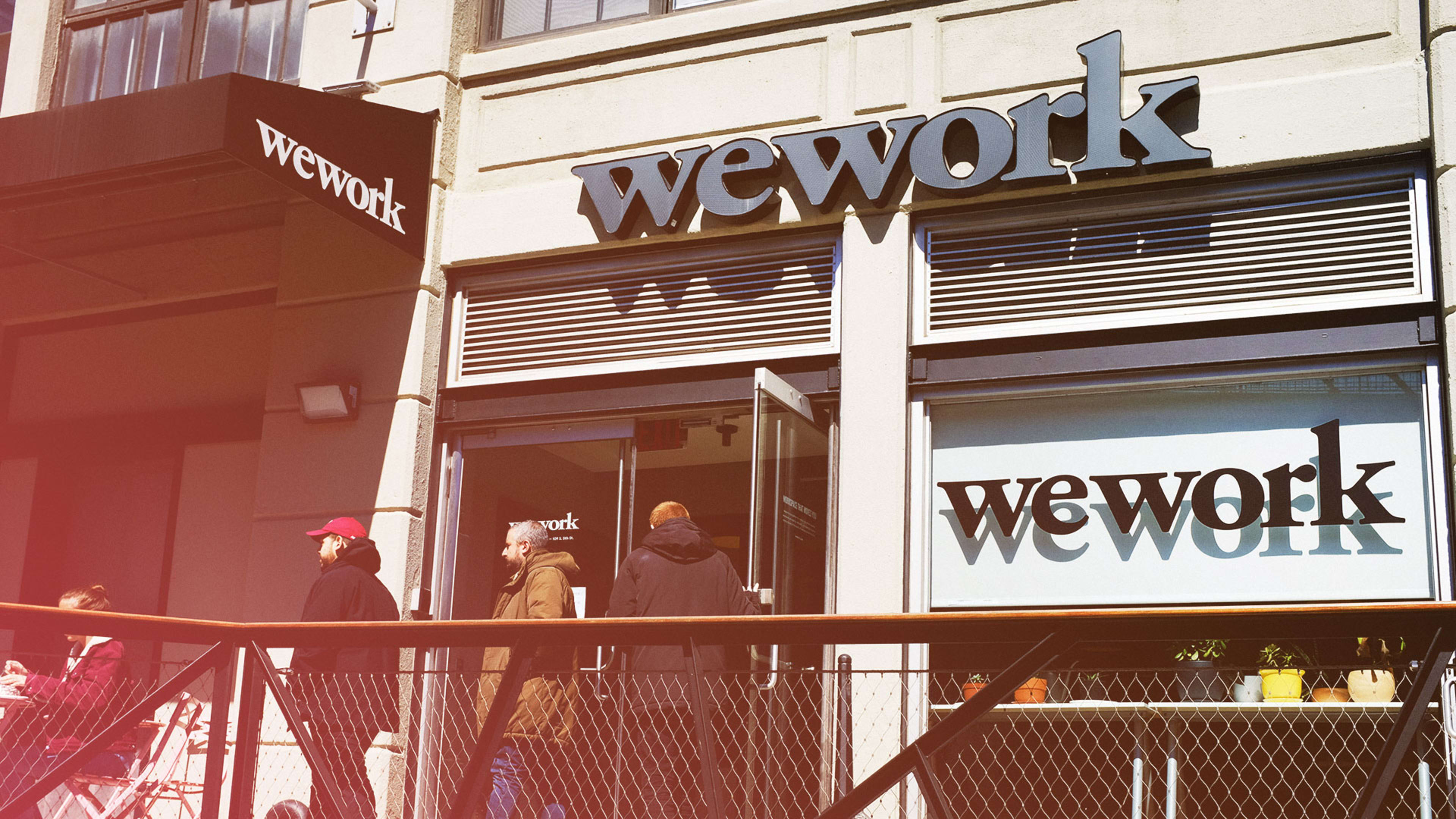WeWork is in a tailspin, with a cancelled IPO, plummeting valuation, reports of thousands of layoffs in the works, and chunks of its business up for sale. Its CEO and cofounder, Adam Neumann, has faced an unceremonious fall from grace.
And now it turns out that the one product WeWork manufactures in-house—the phone booths that make its open office plans slightly more bearable—is a hot mess as well.
The New York Times’s Ed Shannan reported this week that WeWork is removing more than 2,000 phone booths from its coworking spaces because there was a chance that they had been contaminated by high levels of formaldehyde. While WeWork did not respond to request for comment by press time, the company wrote in a letter to tenants at several WeWorks in the United States and Canada that it decided to investigate after complaints of “odor and eye irritation”—the latter of which could be a symptom of formaldehyde.
The company then hired an outside consultant to test a sample of phone booths. It has identified 1,600 phone booths that may be contaminated and will remove these along with an additional 700, just to be safe, while the company performs more tests.
The letter, which some tenants posted on Twitter, said that the possible presence of the dangerous chemical was “caused by the manufacturer.” But in fall 2018, WeWork VP of workplace strategy Liz Burow told me that the company had created the booths itself.
“It’s our own product,” she said. “That’s the brilliance of it. We said, ‘We spend all this money on it, it’s so popular, we should just build it for ourselves.'”
Burow said the company began building phone booths because it realized that the most expensive square-foot cost in construction was small meeting rooms that were designed for people to come and take private phone calls. Instead, WeWork decided to make it a piece of furniture, joining several other companies that also manufacture phone booths that can be moved around based on where they’re needed.
It was an immediate hit, given that there’s little privacy in WeWork’s coworking spaces.
“So now it’s part of our master inventory,” Burow said. “We do buy things from other companies, but with the phone booth we decided to start building it ourselves and we have warehouses of inventory so we can draw on it really quickly.”
Though WeWork claims to have manufactured the phone booths in-house, it may be blaming the formaldehyde risk on a third-party contractor or factory that actually fabricates them. The company has not disclosed how many thousands of phone booths it has built or why there were issues with a subset of them and not with others.
The presence of formaldehyde in a product that the company manufactures itself is just the latest straw for the embattled company, which reportedly does not have enough money to operate past 2019.
Recognize your brand’s excellence by applying to this year’s Brands That Matter Awards before the early-rate deadline, May 3.
